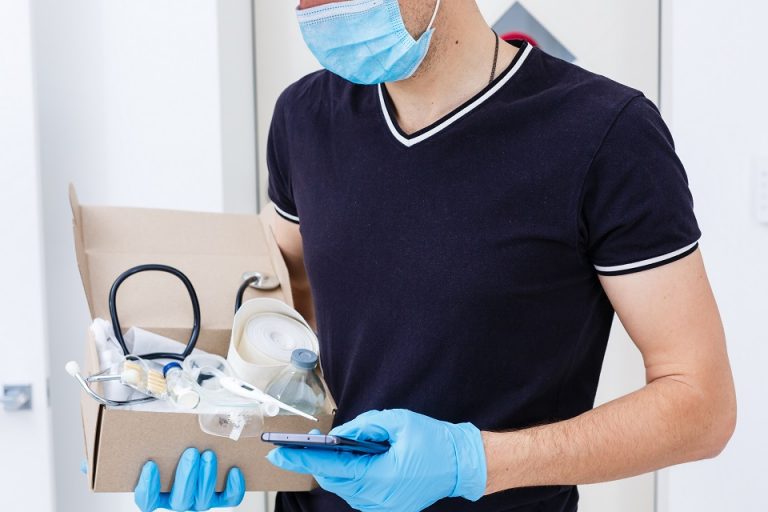
Sure, abs are sexy, but there’s a much better indicator of a healthy person than a hot physique: mental wellness. Emotional health has nothing to do with a person’s workout routine and everything to do with how you treat others and how you treat yourself. Your mental well-being affects every facet of your life, and taking care of your mind is just as – if not more – important as taking care of your body. How do you know if you’re emotionally healthy? Here are the signs that you prioritize your well-being:
You Treat Others Well
Mental health is all about being kind to yourself, and when you’re kind to yourself, it’s much easier to be kind to others. An intent to benefit others is called prosocial behavior, and the ability to approach other people with compassion and take their feelings and needs into consideration is a hallmark of your own well-being.
You Exercise and Eat Well
Respecting yourself as a person means respecting your body and treating it well. Healthy habits make a person feel better inside and out, and when you prioritize your physical health, it means that you care enough about yourself to know that you deserve to feel good.
You Forgive and Repair Damaged Relationships
Holding grudges isn’t productive and healthy, and a person with mental wellness knows when to relinquish pride and control in order to heal a relationship that has soured. Not all relationships can be mended, but you make an effort to do so anyway if only to see the other person’s side of things.
You’re Flexible
Emotionally healthy people are adaptable, and no matter what life throws at them, they’re equipped to handle it. Even the best-laid plans go awry, but rather than panicking and throwing in the towel, you know how to adjust your expectations accordingly to avoid disappointment.
You Value Experiences More Than Possessions
Rather than filling your life with material possessions, you find yourself prioritizing trips, activities, and meals with friends, preferring life’s intangible things to the tangible. Same goes for social media – a person with mental well-being will spend more time enjoying an experience than trying to document it for other people to see.
You’re in Touch With Your Emotions
Another sign of emotional wellness is that you embrace your emotions as a natural and normal part of life rather than something to hide or dismiss. Whether you feel excitement and joy or anxiety and sadness, you’re willing to explore and learn to cope with those feelings (and even express them to others).
You Feel Gratitude For Your Loved Ones
Showing gratitude indicates that you can purposefully look at your life with a sense of appreciation for the things that you have rather than simply seeing what you’re lacking. You focus on all of the relationships and blessings surrounding you, and you don’t mourn whatever it is that you perceive as missing.

























